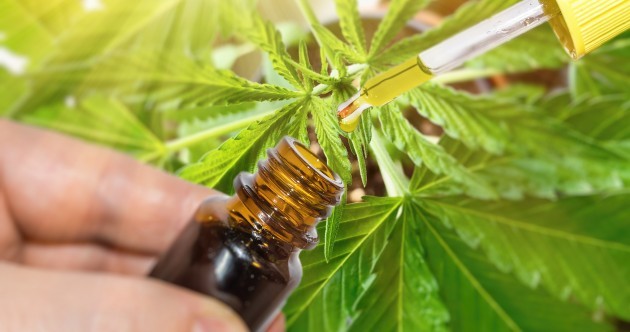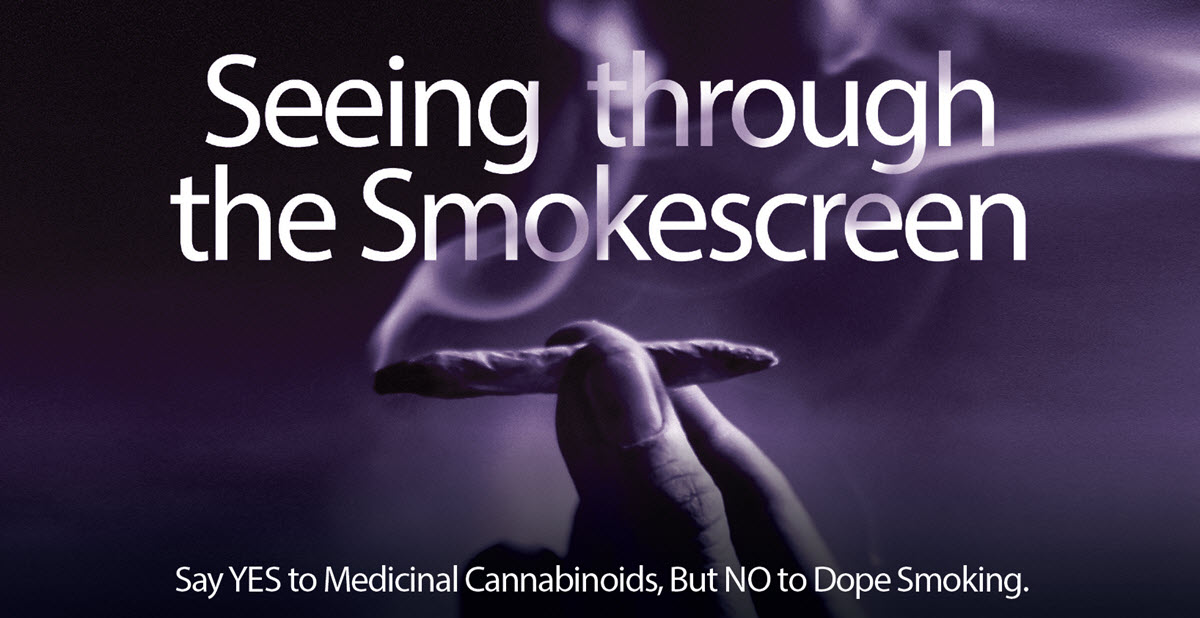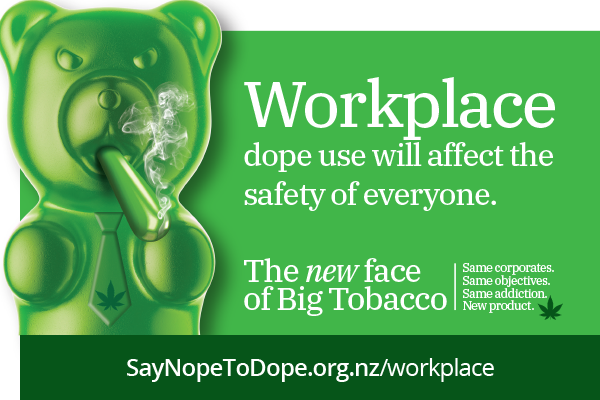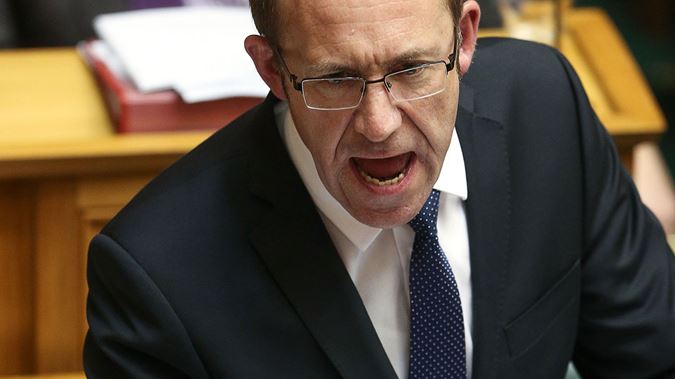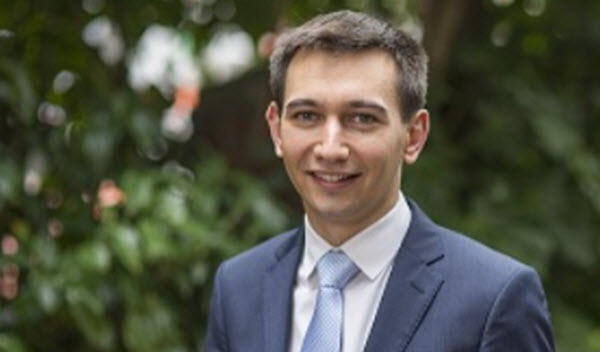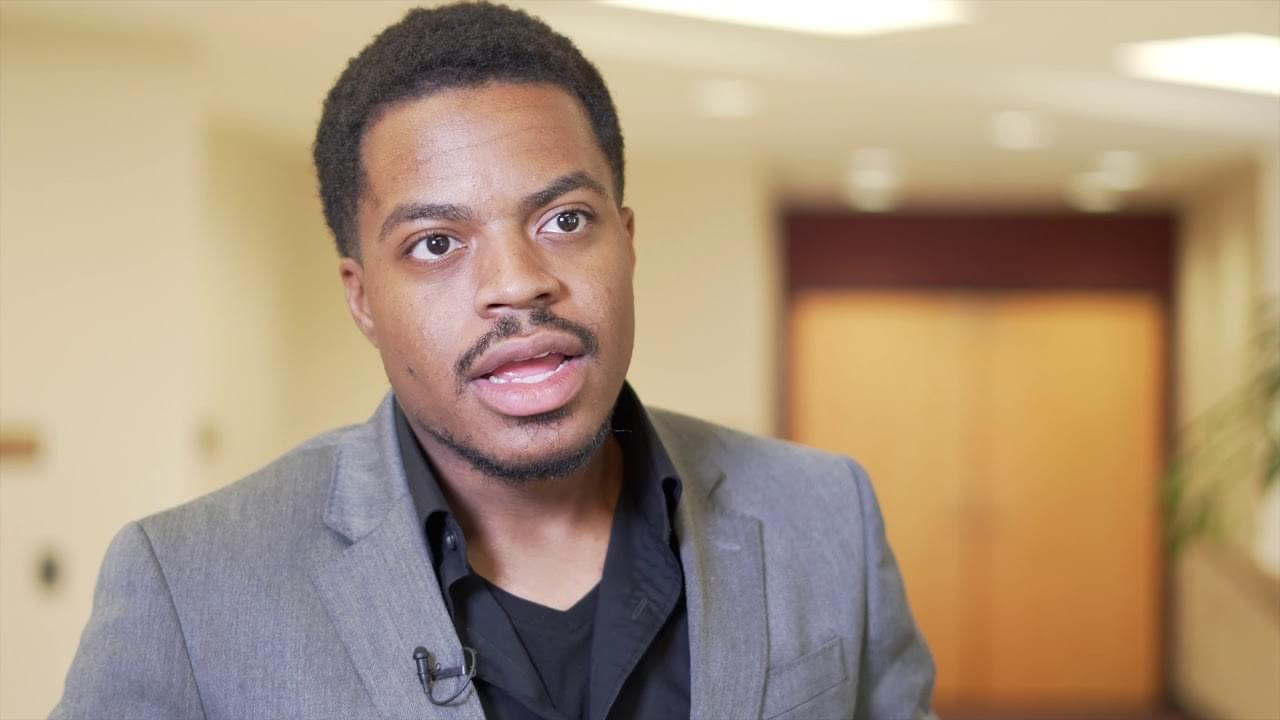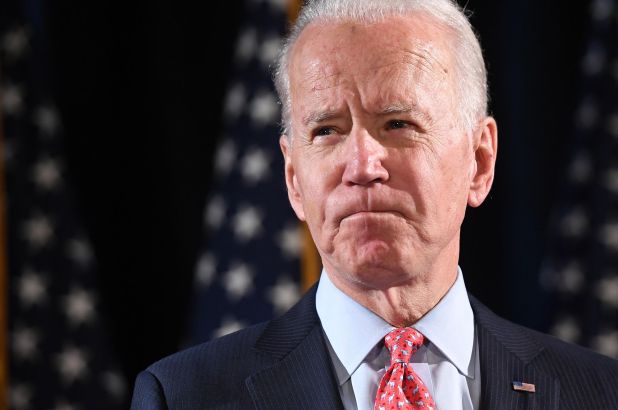
Media Release SAM-US 15 July 2020
Our additional comment: “..the researchers point out that the marijuana industry, which profits off the promotion and sale of high potency candies, concentrates, and vapes, has taken advantage of vulnerable communities, using Denver as an example — which has an average of one marijuana storefront for every 43 residents of color in minority neighborhoods. On this, the researchers conclude that “communities historically impacted by biased policing through marijuana enforcement must be built up through targeted criminal justice reform, not billionaire-backed pot shops.”
Today, a broad, diverse group of renowned scientists, led by the first Black United States Magistrate Judge and researchers from Johns Hopkins and Harvard Medical School, sent a letter to former Vice President and current presumptive Democratic nominee, Joe Biden, commending him for his unwavering commitment to a well-reasoned approach to marijuana policy.
The researchers, members of the Science Advisory Board for Smart Approaches to Marijuana (SAM) — the largest, national, non-partisan policy group dedicated to offering science-based alternatives to marijuana commercialization — have vast experience in the fields of science, medicine, and addiction that drive them to promote science in the discussion on marijuana policy.
“Science, not politics, must guide our drug policy decisions,” said Dr. Kevin Sabet, president of SAM and a former three-time White House drug policy advisor. “Marijuana commercialization would only financially benefit a handful of wealthy investors and saddle disadvantaged communities in our country with further addiction.”
The letter, sent just days after the Biden-Sanders Taskforce did not put marijuana legalization into the presumptive Democratic nominee’s campaign platform, outlines the preponderance of data supporting Vice President Biden’s contention that marijuana is a harmful substance.
Furthermore, the researchers point out that the marijuana industry, which profits off the promotion and sale of high potency candies, concentrates, and vapes, has taken advantage of vulnerable communities, using Denver as an example — which has an average of one marijuana storefront for every 43 residents of color in minority neighborhoods. On this, the researchers conclude that “communities historically impacted by biased policing through marijuana enforcement must be built up through targeted criminal justice reform, not billionaire-backed pot shops.”
In closing, the researchers stated that they “applaud and appreciate your science-based approach that is equally cognizant of legitimate concerns regarding social justice and marijuana-policing. We hope you will continue to uphold these important standards and thank you for your steadfast commitment to public health.”
The letter is signed by the following individuals:
Judge Arthur L. Burnett, Sr.
First Black United States Magistrate Judge
Executive Director, National African American Drug Policy Coalition
Hoover Adger, Jr, M.D., M.P.H.
Director, Adolescent Medicine
Professor of Pediatrics
Johns Hopkins University School of Medicine
Eden Evins, M.D., M.P.H.
Cox Family Professor of Psychiatry, Harvard Medical School
Founding Director, Mass General Hospital Center for Addiction Medicine
Sion Kim Harris, Ph.D., C.P.H.
Co-Director, Center for Adolescent Behavioral Health Research
Division of Adolescent/Young Adult Medicine, Boston Children’s Hospital
Associate Professor, Department of Pediatrics, Harvard Medical School
Jodi Gilman, Ph.D.
Associate Professor, Harvard Medical School
Christian Thurstone, M.D.
Associate Professor of Psychiatry, University of Colorado, Denver
Kimber P. Richter, Ph.D., M.P.H.
Professor and Director, UKanQuit
KUMed Hospital Tobacco Treatment Service
Aaron Weiner, Ph.D.
ABPP Licensed Clinical Psychologist
Yifrah Kaminer, M.D., M.B.A.
Professor of Psychiatry, University of Connecticut School of Medicine
Professor of Pediatrics, Connecticut Children’s Medical Center’s Injury Prevention Center
Marilyn A. Huestis, Ph.D.
Institute for Emerging Health Professions
Thomas Jefferson University
Christine Miller, Ph.D.
Former Research Associate
Johns Hopkins School of Medicine


